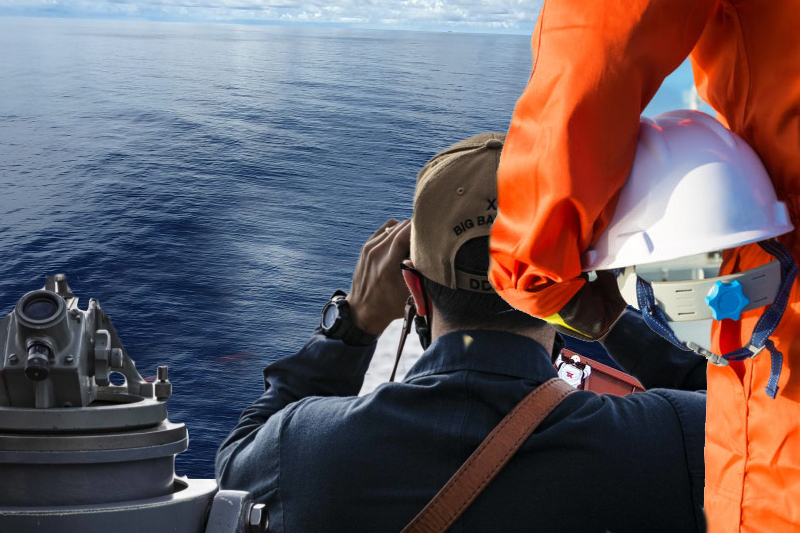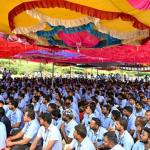
better monitoring and data collection on human rights at sea are required
Washington: Some instances constitute “human rights abuses” at sea, as they entail direct violations of the human rights of persons by state actors. Possible examples include unlawful imprisonment and abuse at sea. In such instances, the implementation of such human rights at sea faces obstacles.
However, many other situations and behaviors at sea, although being troubling or improper, may not always constitute human rights violations, despite being commonly labeled as such.
This might be the case, for instance, in connection to the absence of shore leave for sailors, which is not a violation of human rights in and of itself, but could develop into a condition of compelled labor over time.
This lack of complexity and clarity frequently causes the concept of “human rights at sea” to be diluted. As this example illustrates, problems may escalate into “human rights abuses,” but the nature of the marine realm makes it difficult to predict exactly when this may occur.
Human rights law and the law of the sea approach jurisdiction differently. Whereas human rights law has always favored a territory-based approach to jurisdiction, LOSC has codified functional jurisdiction at sea with its accompanying maritime zones where the notion of sovereignty does not apply in the same manner.
Even in cases where human rights law recognizes extraterritorial jurisdiction based on effective control over an area, activity, or individuals, this does not translate well to the sea. This is due to the fact that “effective control” at water may seem very different than it does on land.
Keep Reading
There is a dearth of understanding regarding the degree of human rights breaches at sea, and more exhaustive and trustworthy data is required. This should assist to both increase understanding of the type of human rights breaches that occur at sea and raise awareness, so guiding risk-based methods and creating political will. Existing and upcoming technical technologies may offer new applications for monitoring and surveillance of maritime human rights breaches.
Consider alternatives to preserving human rights at sea, such as economic and market-driven alternatives. Similar procedures exist, for instance, with regards to product certifications that show a product was created in accordance with social requirements. Notably, these certifications do not currently cover the shipment of identical items.
A rising recognition of business and human rights and mandated human rights due diligence might lead to the development of alternative human rights protection strategies.
Human rights are viewed as a crucial component of the current threats to the liberal international order. Simultaneously, the idea of “human rights” is now being questioned in historically liberal and wealthy nations. Fear of migration, for instance, makes it increasingly difficult to address human rights in relation to migrants at sea.
The realities of economic life and competitiveness also exert pressure on the preservation of workers’ rights in the supply chain, notably aboard fishing and transport vessels.









